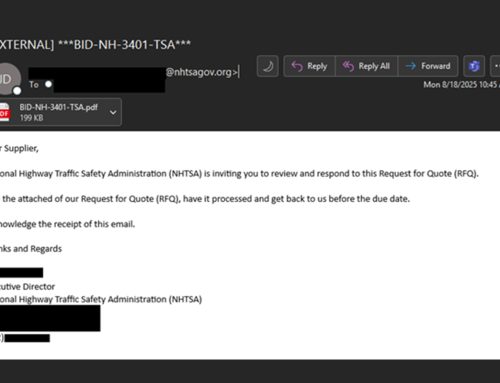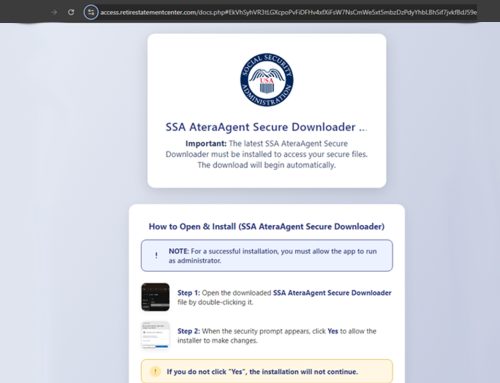Imposters Among Us: Charity Scams
Scams
July 17, 2025
In light of several recent natural disasters, the NJCCIC reminds users to exercise caution and conduct due diligence before donating funds. Cybercriminals often exploit the compassion and generosity of the public by conducting fraudulent schemes to steal funds and credentials in the aftermath of tragic events. Individuals seeking to donate to relief efforts are targeted in charity scams initiated by threat actors using social engineering tactics through emails, SMS text messaging, phone calls, and direct messages via social media. They often create a sense of urgency and may impersonate reputable organizations. For example, display name spoofing may be used in phishing emails to appear as though they are sent from a known or trusted charity in an attempt to convince the potential donor to open an attachment or a link that directs them to a spoofed website impersonating the legitimate charity.
Although many legitimate organizations call to solicit donations, potential donors are advised to take the time to research the charity properly, understand who they are and their cause, and where the funds are directed before donating. Also, search the name of the charity to determine if there are any bad reviews, complaints, scams, or fraud associated with the charity. Credit card payments offer more consumer protections and are easier to track than payments of gift cards, wire transfers, cash, or cryptocurrency. Additionally, donations are not recommended through payment apps, such as Venmo, CashApp, or Zelle, as funds through these apps should only be sent to known and familiar individuals, such as family and friends.
Recommendations
- Refrain from clicking links, opening attachments, providing monetary funds, or sharing sensitive information with unverified channels.
- Navigate directly to URLs and verify the legitimacy of the charity before donating.
- Use a resource, such as Charity Navigator, that profiles legitimate charities. Charity Navigator provides charity details under the following categories: impact and measurement, accountability and finance, culture and community, and leadership and accountability.
- For additional information and guidance, visit the following resources: the Federal Trade Commission (FTC)’s Before Giving to a Charity and How to Donate Wisely and Avoid Charity Scams articles.
- Report charity scams and other malicious cyber activity to the NJCCIC, the FBI’s IC3, and the FTC.





